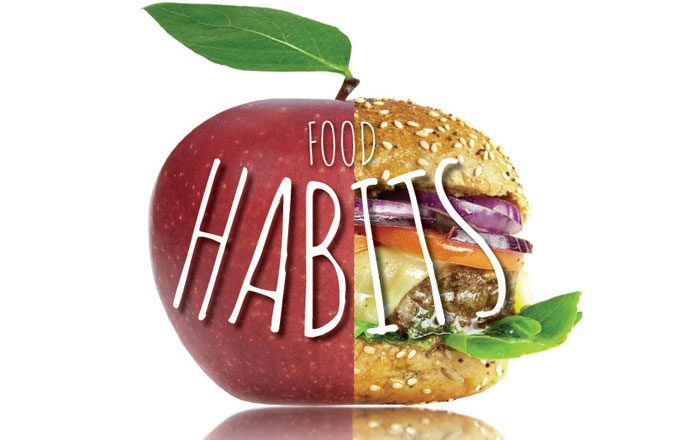How to change your habits to change your health. One of the main reasons that diets have such a low long-term success rate is that the new behaviours don’t become habitual.
For many people eating healthily and managing their weight feels like a constant battle. How many times have you dieted and lost weight only to find yourself slipping back into old habits after a few months and regaining the weight you have lost?
The good news is that habits can be changed by identifying alternative habits that you find similarly rewarding.
You may have blamed your lack of willpower but interestingly, numerous diet studies show that weight regain isn’t something that happens to an unfortunate few who lack willpower, but is actually the norm. One of the main reasons that diets have such a low long-term success rate is that the new behaviours don’t become habitual. In other words they don’t start to occur automatically and subconsciously. Understanding the power that our habits hold and how you can change them is the key to lasting change.
The power of habits
A world without habits would be one of endless decision-making. You would wake up in the morning and have an internal battle about whether to get out of bed, whether to brush your teeth and which route to take to work. Habits make life easier. They allow us to focus our limited mental energy and willpower on where it is most needed. A habit means you have already decided something is beneficial and now you no longer need to make that decision. Many of the people we admire for having great will-power simply have good habits.
They are not eyeing up that second piece of cake, having an internal battle and winning that battle through will-power. They are simply not having that internal battle: at some point in their past, for whatever reason, they have got into habit of stopping when they have had enough and now it is their automatic behaviour.
Habits make life easier. They allow us to focus our limited mental energy and willpower on where it is most needed.
What’s the reward?
There are three components to habitual behaviour: the cue or trigger, the behaviour itself and the reward. The most basic principle of habit formation is that if a behaviour is rewarding we will repeat it whereas we are unlikely to repeat behaviour with no reward or a negative outcome. Picking up bad food habits is incredibly easy as foods high in fat and sugar are easily available and instantly rewarding.
On the other hand adopting good eating habits requires concerted effort and the reward, such as better health or weight loss, is not immediate or even guaranteed. The good news is that habits can be changed by identifying alternative habits that you find similarly rewarding.
Think small
When we try to change what we eat we often get caught up in wanting to make dramatic changes. We read the latest diet book, clear our cupboards of all the biscuits and chocolate, order the juicer/ spiralizer/gadget of the moment and then begin to eat a diet that’s very different from what we normally eat. Changing our habits requires a very different approach.
We need to be brave enough to make small changes. The principle behind this approach is that a lot of small changes that you maintain will eventually lead to a big change in your diet. On the other hand a lot of big changes that you don’t maintain leaves you back where you started. A year from now do you know where you want to be?
Anne-Marie O’Shea is a nutritionist and Head of the School of Nutrition at Future Fit Training. www.futurefit.co.uk










